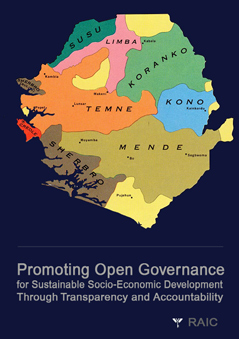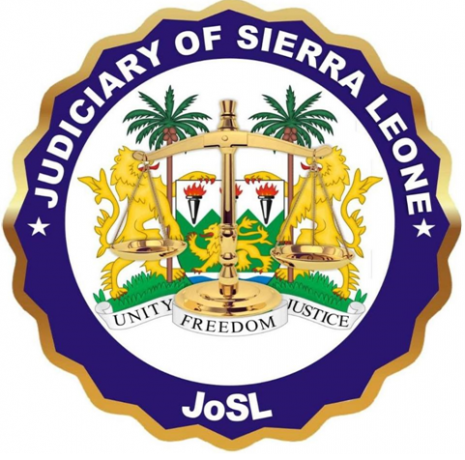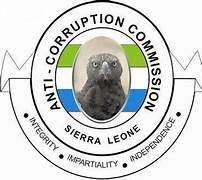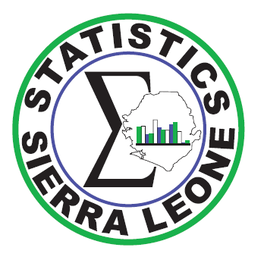The Right to Access Information Commission (RAIC) on Wednesday, 26th March 2025, engaged in a high-level meeting with the Judiciary of Sierra Leone, led by Chief Justice, Hon. Justice Komba Kamanda. The meeting, held at the Chamber of the Chief Justice at the Law Court Building on Siaka Stevens Street, aimed at fostering collaboration and partnership in enforcing the Right to Access Information (RAI) Law, including cases currently before the court.
Dr. Ibrahim Seaga Shaw, Chairman and Information Commissioner of RAIC, emphasized the Commission’s role as a bridge between public authorities and information requesters. He reminded the Judiciary of its obligations under the RAI Act as a public authority and highlighted an ongoing appeal case between Martha Kargbo and the Bank of Sierra Leone, where the Bank appealed against RAIC’s decision.
Dr. Shaw acknowledged the Judiciary’s response to an information request by civil society activist Abdul Fatoma. However, he also reminded them of their duty to complete the Annual Compliance Reports and adhere to the Proactive Disclosure of Information scheme.
Chief Justice Hon. Justice Komba Kamanda expressed appreciation for RAIC’s engagement with public authorities. He reaffirmed the Judiciary’s commitment to fulfilling its obligations under the RAI Act. The Chief Justice also noted key judicial reforms under his leadership, including the assignment of supervisors at different levels of the court to expedite case hearings and decongest the backlog of cases.
He further encouraged RAIC to consider amending its Act to grant the Commission more enforcement powers similar to the Anti-Corruption Commission (ACC) and the Political Parties Regulatory Commission (PPRC), which would enhance its effectiveness. Highlighting a major challenge, he pointed out that Sierra Leone currently has only 32 active judges serving a population of eight million, but reassured that efforts are being made to ensure credible judicial appointments
Hon. Justice Alusine Sesay welcomed RAIC’s initiative to foster collaboration, describing it as a positive step forward. He emphasized that the Judiciary maintains a website and a dedicated Communication and Public Relations Unit, demonstrating its commitment to transparency and public scrutiny. However, he also expressed concerns regarding exempt information, particularly in cases that are sub-judice.
The RAIC CIC Dr Seaga Shaw in his response noted that there are of course exempt provisions in the RAI Act captured in part 3 Sections 12-26, including the exempt on information that is sub-judice referenced by Justice Sesay. He added that the Commission is from time to rime called upon to negotiate the balance between information that is to be released to the public and that which is exempt, and emphasized that in any such case it is the public interest test that would apply.
Hon. Justice Fatmata Bintu Alhadi Justice of the Court of Appeals, reaffirmed the Judiciary’s status as a public body while acknowledging its unique sensitivities. She commended Chief Justice Komba Kamanda for making the Judiciary more open and accessible than in the past.
Both RAIC and the Judiciary agreed to strengthen collaboration and organize capacity-building initiatives for their members to enhance the implementation and enforcement of the Right to Access Information Act.
For media inquiries, please contact:
For more media enquiries, contact:
Amara Thoronka
Public Information & Communication Officer
RAIC – National Secretariat
+232 88 283632 / +232 78 231949


















